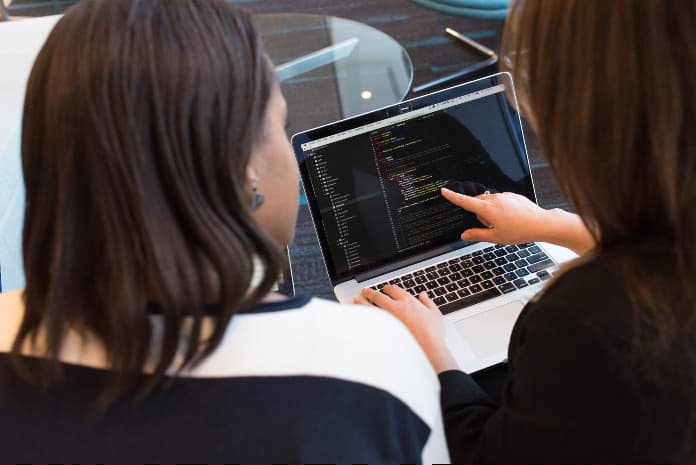There are several key responsibilities of a professional custom software developer. Today’s developers are charged with planning, designing, programming, releasing, and distributing bespoke software applications. They work closely alongside quality assurance (QA) architects, business executives, external stakeholders, and prospective end users. To succeed in these positions, every systems engineer must efficiently handle multiple technical duties, obligations, and commitments. You should know these specific responsibilities as a software developer before interviewing for jobs. You can improve your hiring ability and excel in employee training programs. To get started, read on to learn the core responsibilities of a professional custom software developer.
Confer With Lead Project Managers
Before development even begins, bespoke software experts are responsible for conferring with lead project managers. During these introductory sessions, developers must meet with PMs to discuss necessary functionality, project requirements, deadlines, and limitations. They must also provide project leads with time forecasts, delivery estimations, quotes, and proposals. Later on, they’ll work together to discuss project updates or technical issues encountered. Because of this, developers need to be excellent communicators, relationship builders, and networkers. They also need to be skilled in scheduling and time management – especially when collaborating with busy PMs. Indeed, meeting with project leads is a core responsibility of today’s professional software developers.
Work With Powerful Tools And Technologies
Today’s top software developers also work with various programming tools and technologies. Development teams use different resources for speed, security, efficiency, quality, and control. For example, they may use a container registry by JFrog for power, resilience, and stability. These tools allow you to manage, monitor and deploy Docker software images easily. Plus, you can empower DevOps engineers with complete control over system access and permissions. Today’s top employers expect candidates to know how to integrate, use, and scale these dependable utilities. With this expertise, you can improve career prospects, maximize earning potential, and build a transferrable skillset. Surely, software developers are responsible for working with advanced programming tools and technologies.
Perform Technical Design
Software developers also perform technical design on bespoke applications. Technical engineering design is largely focused on wireframing and prototype development. Programmers are responsible for defining, brainstorming, imagining, and planning during this stage. They must also visualize features, analyze results, and present findings to key stakeholders. Some enterprise software companies leave prototyping to a separate design department. However, nearly every programmer impacts the technical design process in one way. Performing technical design is a major responsibility for professional custom software developers.
Code Bespoke Software Products
Prominently, custom software developers are charged with bespoke coding applications. To code applications effectively, developers need a working knowledge of several popular coding languages. Most commonly, programmers write in Python, JavaScript, Ruby, Rust, and Google’s Golang. On the other hand, mobile app developers may focus more on OS-specific frameworks like Kotlin and Swift. Once a language is chosen, they’re responsible for writing code that is easy to understand, read, and maintain. This typically involves following structured, widely-recognized coding standards and policies. Custom software developers are responsible for coding end-to-end bespoke software products.
Test Systems For Quality
Furthermore, most bespoke developers are responsible for software engineering quality assurance (SQA) operations. Software developers are responsible for conducting functional and non-functional testing, which extends to acceptance, smoke, sanity, black box, and beta acceptance testing. You’ll also need to be familiar with integration, regression, unit, and quality testing. Outside of specific testing forms, developers must also strategize test cases, document results, and communicate findings to external stakeholders. They may even be asked to train end users on QA and security best practices. Certainly, custom software developers are responsible for testing systems for quality, speed, and performance.
Every professional custom software developer must follow several key job responsibilities and duties. First and foremost, developers are tasked with meeting with lead project managers throughout the build process. In addition, they are responsible for using different development tools, programming resources, and supporting technologies. Developers also must participate in the technical design process. This is about building prototypes, developing wireframes, and presenting results to core project stakeholders. Once prototypes are built, developers are also responsible for end-to-end coding systems.
Moreover, developers must test bespoke software applications for quality, speed, and security. These duties help prevent catastrophic security breaches, inspire user confidence, and protect confidential data. Follow the points highlighted above to learn the core responsibilities of a professional custom software developer.


